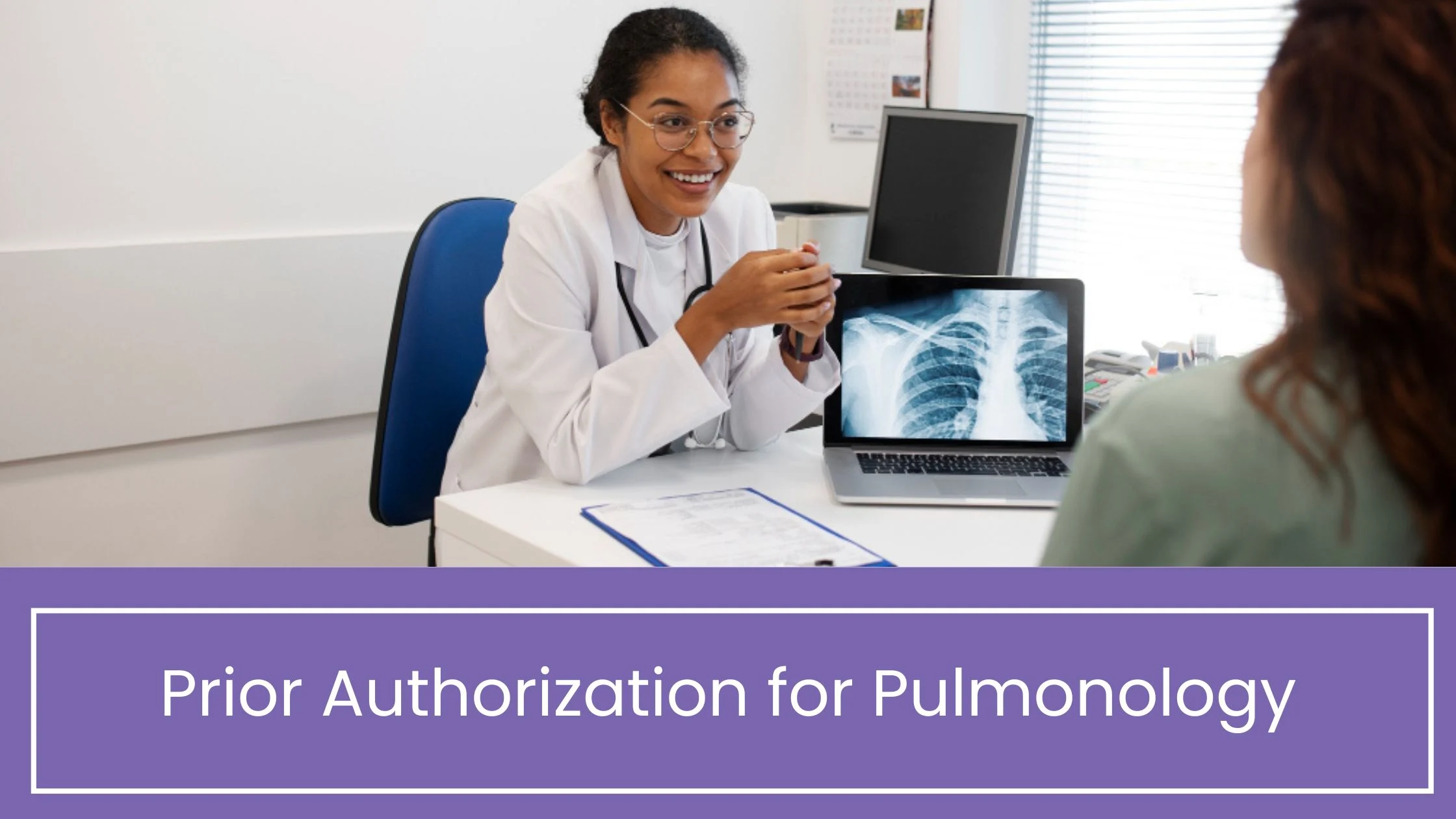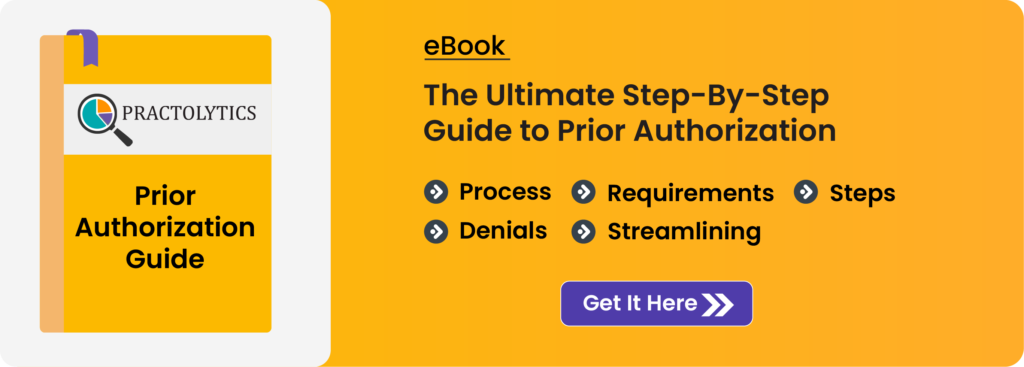Prior Authorization for Pulmonology
Prior Authorization for pulmonology, PA, is the process where the healthcare provider receives permission for a particular treatment, medication, or procedure from an insurer. Pulmonology deals with treatments, procedures, or medications for lung-related conditions, which include asthma, Chronic Obstructive Pulmonary Disease, and pulmonary fibrosis. PA in pulmonary diseases ensures that medical necessity is met with coverage.
Table of Contents
Importance of Prior Authorization in Pulmonary Diseases
Access to Treatment: PA ensures proper access to patients for important treatments like oxygen therapy or inhalers without additional expenses.
Cost Management: It eliminates unnecessary costs for providers, patients, and insurers by only approving necessary treatments.
Quality Care: PA guarantees the medical standard of the treatments, thereby enhancing health outcomes.
Challenges in Prior Authorization for Pulmonology
Complex Treatments:
The treatment of pulmonology includes biologics, oxygen therapy, and inhalers tailored to each patient. This is the reason for such complexity in the approval process because the insurance companies have different rules for different treatments.
High Denial Rates
Many requests for prior authorization get denied due to many reasons like medical coding errors, incompleteness, lack of evidence, and such.
Almost 30% of PA requests for Pulmonology are denied which causes major delays in patient care.
Delays in Care
Conditions including asthma, and COPD flare-ups require immediate treatment. Waiting for approvals can worsen the health conditions of patients.
For instance, delayed oxygen therapy can result in emergency hospital visits for patients with severe lung conditions.
Administrative Burden
Providers and their teams spend way too much time on Prior-Authorization related paperwork. This minimizes the time they could spend on patient care and improving patient care facilities. It also increases overall healthcare costs.
Role of Technology in Changing Prior Authorization
Technology is aiding in solving major issues associated with the PA process by making the workflow more streamlined, faster, and more accurate.
Electronic Prior Authorization (ePA)
- What it does: ePA replaces manual paperwork with digital solutions.
- Benefits: Yields faster approvals, minimizes errors, and improves communication between providers and insurers.
- Stat: ePA can minimize up to 50% of the approval time.
Artificial Intelligence (AI)
- Predictive Analytics: AI predicts that the request will be approved and assists the providers in providing accurate information.
- Error Detection: AI helps detect major mistakes that would occur before submission, so the chances of denial occurrence become lower.
- Streamlined Appeals: The appeal process gets automated by AI, saving much time when the request is declined.
Electronic Health Records (EHRs)
- Seamless Workflow: EHRs help to fill in patient information automatically for PA requests, minimizing paperwork.
- Stat: Clinics that have Electronic Health Records (EHR) -integrated systems witness a 30% reduction in claim rejections.
Data Analytics
- Tracks PA status in real-time, and spots any delays.
- Aid to streamline the PA process for quicker approvals and better patient health outcomes.
Perks of Tech-Driven PA
For Patients:
- Faster Treatments: Quicker and timely approvals for crucial or life-saving treatments like oxygen therapy and inhalers.
- Less Stress: Minimized delays and denials lower frustration during critical times.
For Providers:
- More Time for Patients: Automation minimizes paperwork, enabling providers to focus more on patient care.
- Effective Workflows: Technology fastens approvals and eases appeal workflows.
For Payers:
- Cost Control: Automation ensures precise decisions, eliminating unnecessary spending.
- Better Communication: Real-time updates help enhance coordination with healthcare practitioners.
How to Overcome PA Challenges
Key Problems:
- Manual documentation drives major errors and therefore denials and delays.
- Mismatched or missing information results in denials.
- Slow approvals impact patient health.
Tech Solutions:
- ePA Systems: Digitize the process of claims submissions and approvals
- AI tools: Predict and prevent errors in claims, and automate tasks.
- EHR Integration: Centralizes patient details for easy handling of PA requests.
A clinic leveraging AI-driven ePA minimizes the denial rates by 30% and sped up approval rates by 40%, aiding patients to attain care quicker.
Practolytics: Simplifying PA for Pulmonology
Practolytics delivers advanced platforms that make prior authorization simpler and faster.
What we offer
Advanced Technology: Automated submissions, tracks statuses, and eases appeal processing.
EHR Integration: Connects patient details to PA workflows.
Predictive Analytics: Identifies errors and issues before claims submission to minimize denial rates.
Our Results
- 40% faster approvals for all treatments
- 20% minimized denials for healthcare practitioners
- Enhanced patient satisfaction and health outcomes
Final Words: Transforming Pulmonology PA
Prior authorization plays a critical role in ensuring patients receive the correct treatments at the right time. Technology is now changing this procedure, thereby cutting down delays and improving patient care.
Partner with Practolytics to optimize your PA process. With our tools, you will witness quicker approvals, minimized denials, and better patient and provider outcomes.
Book a demo with us today to revolutionize your pulmonology PA workflow!
ALSO READ – Prior Authorization for Medical Genetics
Talk to Medical Billing Expert Today — Get a Free Demo Now!






